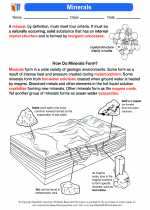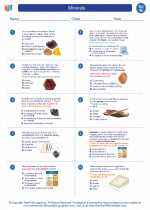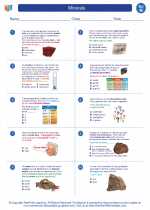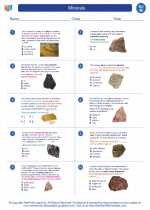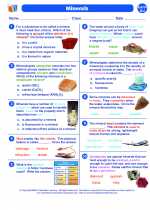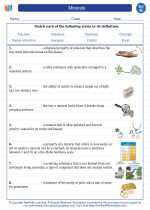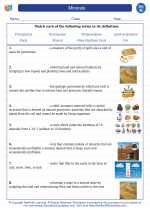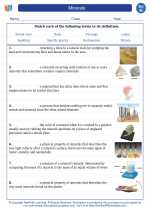Immune Function
Immune function refers to the body's ability to defend itself against harmful pathogens, such as bacteria, viruses, and other microorganisms. The immune system is a complex network of cells, tissues, and organs that work together to identify and destroy foreign invaders while also distinguishing them from the body's own healthy cells.
Key Concepts
- Types of Immunity: The immune system can be categorized into innate immunity (present at birth) and adaptive immunity (develops over time in response to specific pathogens).
- Immune Cells: Various types of immune cells play critical roles in the immune response, including white blood cells such as lymphocytes, macrophages, and neutrophils.
- Immune Response: When a pathogen enters the body, the immune system mounts a targeted response involving the recognition, neutralization, and elimination of the invader.
- Immune Disorders: Dysfunction in the immune system can lead to autoimmune diseases, allergies, and immunodeficiencies.
- Immune System Support: Proper nutrition, regular exercise, and vaccination can help maintain a healthy immune system.
Study Tips
- Understand the difference between innate and adaptive immunity.
- Memorize the key functions of immune cells such as T cells, B cells, and macrophages.
- Review the process of antigen recognition and antibody production in adaptive immunity.
- Explore common immune disorders and their causes, symptoms, and treatments.
- Consider the impact of lifestyle factors on immune function, such as stress, sleep, and diet.
Review Questions
- What are the two main types of immunity?
- Which type of immune cell is responsible for producing antibodies?
- Explain the process of antigen recognition in adaptive immunity.
- What are some examples of immune disorders?
- How can lifestyle choices affect immune function?
By mastering the concepts of immune function and regularly reviewing the material, you can gain a deeper understanding of how the immune system protects the body from disease.


